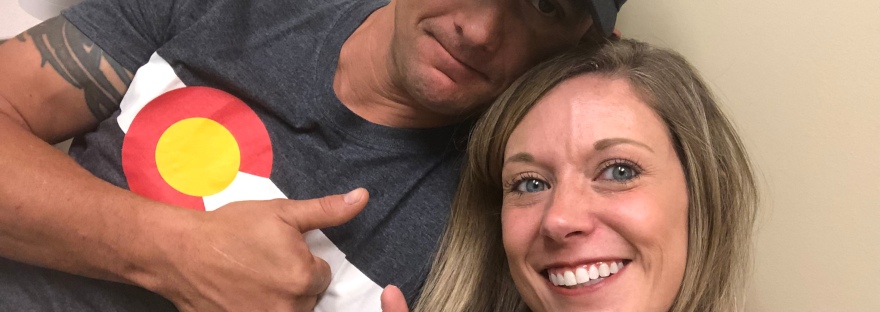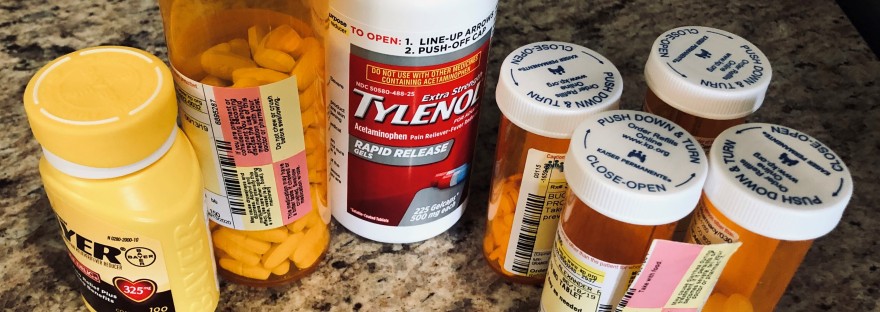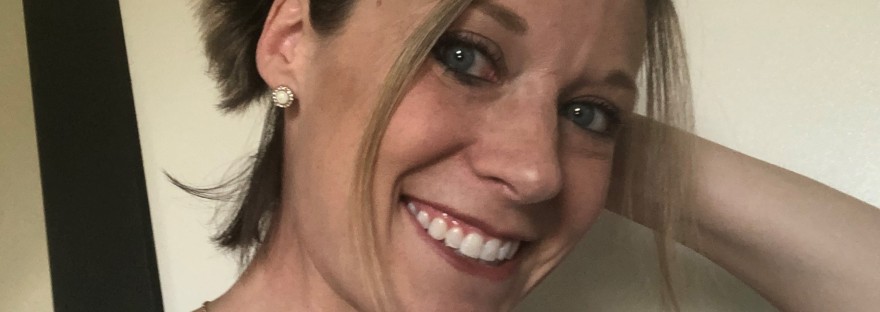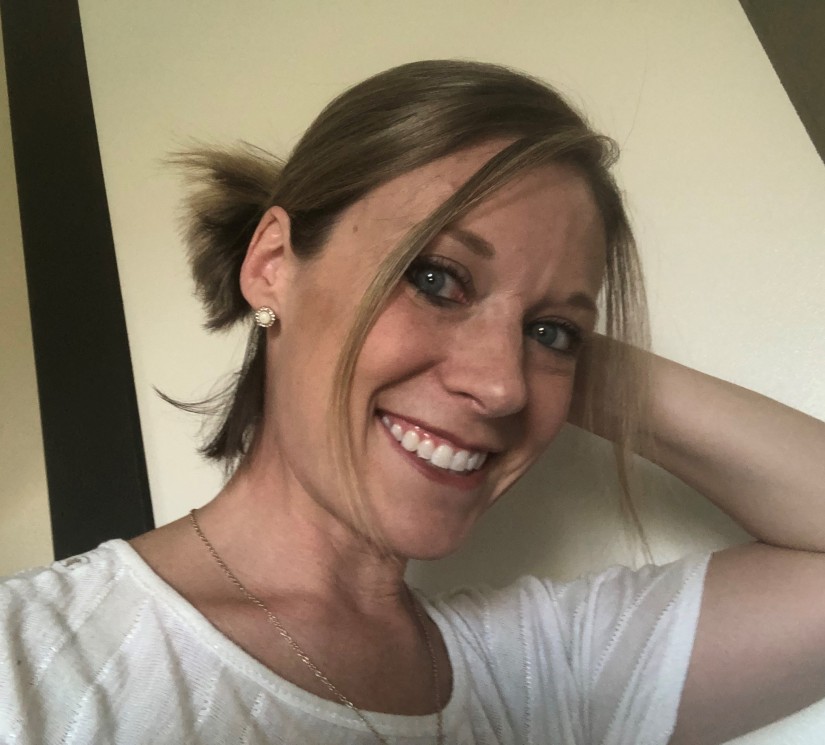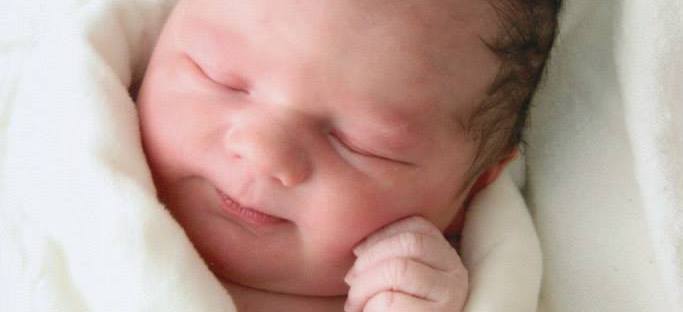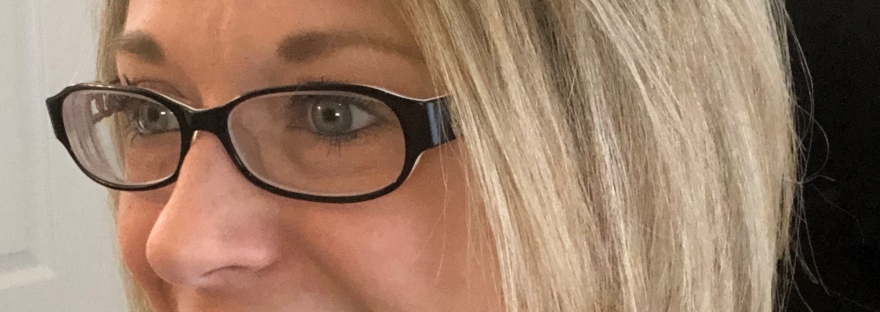5:45AM. Crying sounds coming through the baby monitor. Why is our youngest always awake before the sun?
5:46AM. Upon being pulled from his crib, our youngest hastily demands his dad (who has already left for work), orange juice, a potty break, a new pair of pants, and a phantom toy that I am not sure exists. I raid the medicine cabinet for my various morning medications before the screaming can escalate.

5:47AM. Too late; my youngest is screaming like a banshee over the toy that does not exist. I pray that my medicine kicks in quickly.
6AM. My youngest finishes throwing a major tantrum and wants to “snuggle” and say “I love you mommy.” So I cave, and forgive him for screaming like a banshee over the toy that does not exist.
6:30AM. Time to wake my oldest. I need coffee. He hates to be woken up for school.

7:00AM. We’re going to be late. Everyone out the door! I fasten 2 grumpy children into their car seats to contain them while I pack lunchboxes, vitamins, a backpack, a diaper bag, and snacks for the 5 minute car ride.
7:05AM. I pull out of the driveway but realize I forgot my laptop (or phone, or lunch, or coffee, or homework, or something equally important).
7:10AM. I pull out of the driveway again while trying to explain to my 5 year old that yes, he will have to brush his teeth every morning for the rest of his life.
7:30AM. Drop off child #1; whichever is the loudest while navigating out of the neighborhood is the one who gets dropped off first.
7:45AM. Drop off child #2.
7:46AM. Listen to the sound of quiet, take a deep breath and a drink of coffee. Is it normal to feel like you’ve run a marathon before 8am?
7:47AM. Call dad while driving to work.
12PM. I usually use my lunch break to review my most recent lab results or call Neurology, Oncology, or another equally important specialist, to schedule my next appointment.
2PM. My youngest child’s school calls. He’s coughing uncontrollably. Seriously, where was that cough this morning? I explicitly remember screaming… but no cough.
2:30PM. I arrive at school to pick up my potentially sick boy.
2:45PM. I call our pediatrician because my baby truly is coughing like crazy and sounds like he has croup. Again.
3:30PM. Pediatrician confirms my sick boy does, in fact, have croup. Again.

3:45PM. I call my husband to tell him we have a sick boy. Again. He knows the drill. He’ll get Pedialyte, Eucalyptus, cough drops, and more Motrin on his way home.
4:15PM. Watch Aquaman for the 106,715th time while holding sick boy in left arm, and replying to my remaining work emails with my right.
5:15PM. Time to pick up my oldest.
5:17PM. Our oldest flings his shoes off in the car and one misses my head by an inch. I explain, once again, that it is not nice to throw things at anyone’s head, especially mine.
5:40PM. I’m starving (did I even eat lunch?). I throw a protein and veggie into the oven and begin The Dinner Countdown.
5:50PM. “It’s almost dinner time, boys!”
5:55PM. “Come and eat, boys, it’s dinner time.”
5:56PM. “You better come eat or it’s going to be cold.”
5:57PM. “Can anyone hear my words?”
6PM. I finally herd our children to the dinner table – success! But, then my husband walks in the door, and they both abandon their plates to attack him with hugs (can’t even blame them).

6:15PM. Both boys want snacks. So badly, in fact, that they’ve dumped an entire bag of veggie straws onto the floor. Why do I even bother making dinner?

6:30PM. Bathtime. I listen to my husband (try) to contain our children in the tub while I pick up rogue Legos (because those things hurt when you step on them), and socks. How many pairs of socks do 2 little boys wear in a day?
7:15PM. Bedtime. My husband and I split forces; it’s best if we split up. I take one kid, and he takes the other. We turn into human servants while we retrieve water, read books, brush teeth, kiss all of their owies, and tuck them in.
8:15PM. Bedtime. For real this time.
8:30PM. Once we’ve ensured both boys are snoring in their beds, my husband and I get to relax. We chat about our day while packing lunches for the next, and then watch a TV show together.
9:30PM. The last thing we always do before we fall asleep is say, “I love you.”
…If you’re still reading it’s because you can totally relate to the busy life of a working mom, or you’re waiting for a dramatic line about having a stress related seizure, or an unbearable migraine.
But, the truth is, most of my daily challenges are toddler-related, not tumor-related.
Sure, I take more medicine than most, and have to be more conscious of things flying at my head than most, but having tumors does not consume my day. My family consumes my day.
In the title of this blog, “A day in the life of a mom (with brain tumors),” I put “with brain tumors” in parenthesis to make a point; I am, and always will be, a wife and a mom, and so many other things before I am someone with brain tumors.
This is my story, and it is not over yet.




